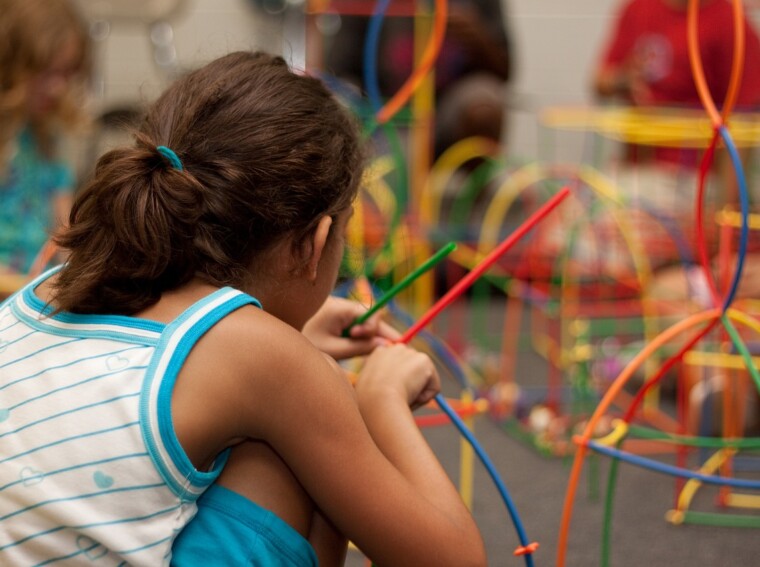In a very real sense, games are a key part of the human condition. For millennia, people have been playing games in their communities, with kids often spearheading the development of fun new ways to engage with one another and the world around them.
With a little knowledge of how games work, and what makes a game relevant to learning, educational games can be used to give kids a great boost in the classroom. Here, let’s talk about some of the benefits of games.
Are Games Important?
To put it simply: yes, games are very important. A lot of research has shown that games are essential for the healthy development of children, both at a young age and as they grow into young adults.
Allowing children to play is essentially a way of teaching children a skill but hiding it behind something fun. For instance, playing soccer might not seem very educational, but it allows kids to learn to communicate, strategize, and develop coordination.

This can also be said for computer games: a child applying oneself to a particularly difficult problem can learn a lot from their own work. In turn, they can use their developing communication skills to share what they’ve learned with their peers.
How Games Can Help Kids Learn
For many years, there’s been a lot of talk about how games can be damaging to kids’ development, so it’s only reasonable to be a little skeptical. However, let’s address some key ways in which games can give any child a boost.
Developing Key Skills
Perhaps the most overlooked thing that games can do for a child is develop some of their key mental skills to make them more efficient at learning.
A great example of this is in games which focus on the movement of objects in the world around the player. This type of rendering can give a child an instinctual understanding of some physics and math facts – from simple things like gravity to more complex ideas like apogee and friction coefficient.
Communication Development
Cooperative games that your child might play online with their friends can allow them to develop improved concrete communication skills.

For instance, in a team-based game, your child may develop the skills to let people know where they are, and where the other team is, in a more detailed manner. This will help them in the game at first, and then in real life, should they come to manage a group of people.
Problem-Solving
‘Spoon-feeding’ a child the answers to a given problem has long been lamented as a poor way to help them learn. A tricky game can teach them impressive problem-solving skills. For instance, the new skills may involve quite literally looking at a problem from a new angle by moving an in-game avatar.
While seeing your child spending a lot of time on games may be a little disconcerting, games can certainly be a great way to boost their brain. Try suggesting puzzle games to steer your child toward learning!

